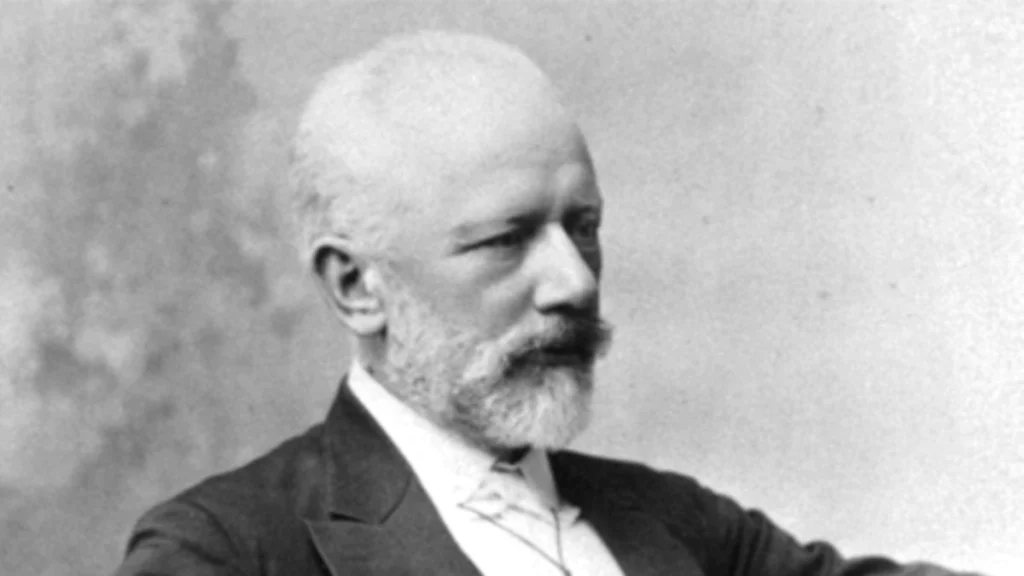Pyotr Ilyich Tchaikovsky was a Romantic-era Russian composer. He was the first Russian composer whose music had an international impact. He composed some of the most popular concert and theatrical works in the current classical repertoire. But did you know how he became a full-time composer?
On the condition that they never meet in person, Tchaikovsky had a patron who provided him enough money to quit his work and become a full-time composer.
Did Tchaikovsky Ever Get to Meet his Generous Patron?
Pyotr Ilyich Tchaikovsky’s fortunes turned around in 1877 when he won the emotional and financial support of wealthy patron Nadezhda Von Meck. The generous annual stipend she gave him amounted to 6000 roubles, which was roughly 20 times what he would have made as a civil servant. This enabled him to leave the conservatory and become Russia’s first full-time, professional composer.
While the composer and his patron exchanged over 1,200 deeply personal letters for over 13 years, they only met once. It was an accidental encounter and was quite awkward. They never spoke a word to each other. Von Meck stipulated that she never wanted to meet as a condition of her patronage, and the socially awkward Tchaikovsky gladly agreed. (Source: California Symphony)
How Did Anxiety and Depression Affect Pyotr Ilyich Tchaikovsky?
Tchaikovsky suffered from severe anxiety, self-doubt, and depression. As an artist, he had doubts about his work. He also experienced extreme self-loathing and constant fear of being out about his sexuality as a gay man living in 19th century Imperial Russia.
His marriage to his student Antonina Miliukova, whom he hoped would cure him of his homosexuality, was a sham, and the two were divorced after ten agonizing weeks for the composer.
Tchaikovsky drank, smoked, and gambled excessively and was easily moved to tears. He suffered from crippling stage fright and neuroses, such as the fear that his head would fall off while conducting, which resulted in him awkwardly holding his chin with one hand while conducting with the other. This phobia lasted for years, but in his later career, he overcame it and completed a tour in the United States, where he conducted the inaugural concert at Carnegie Hall in 1891.
He was diagnosed with cholera on November 5, 1893, at the age of 53, just eight days after the premiere of his Sixth Symphony, the Pathetique. He passed away the very next day. Though not proven, some believe the composer suffered from depression and committed suicide by poisoning himself with arsenic, which mimics the symptoms of cholera. (Source: California Symphony)
The Legacy of Pyotr Ilyich Tchaikovsky
Tchaikovsky composed some of the most well-known and well-loved music ever written. His three ballets, Swan Lake, Sleeping Beauty, and The Nutcracker, are timeless classics.
His 1812 Overture, written to commemorate Russia’s victory over Napoleon’s army at the Battle of Borodino, is one of the most popular and recognizable pieces of music ever written, despite the composer’s dismissal of it as; very loud and noisy and completely lacking artistic merit, obviously written without warmth or love.
His Violin Concerto and Piano Concerto No.1 are among the most acclaimed concertos ever written, as are his symphonies. The soaring melodies and grand, romantic themes of Nos. 4, 5, and 6 are particularly popular with the audience. (Source: Tchaikovsky Competition)
